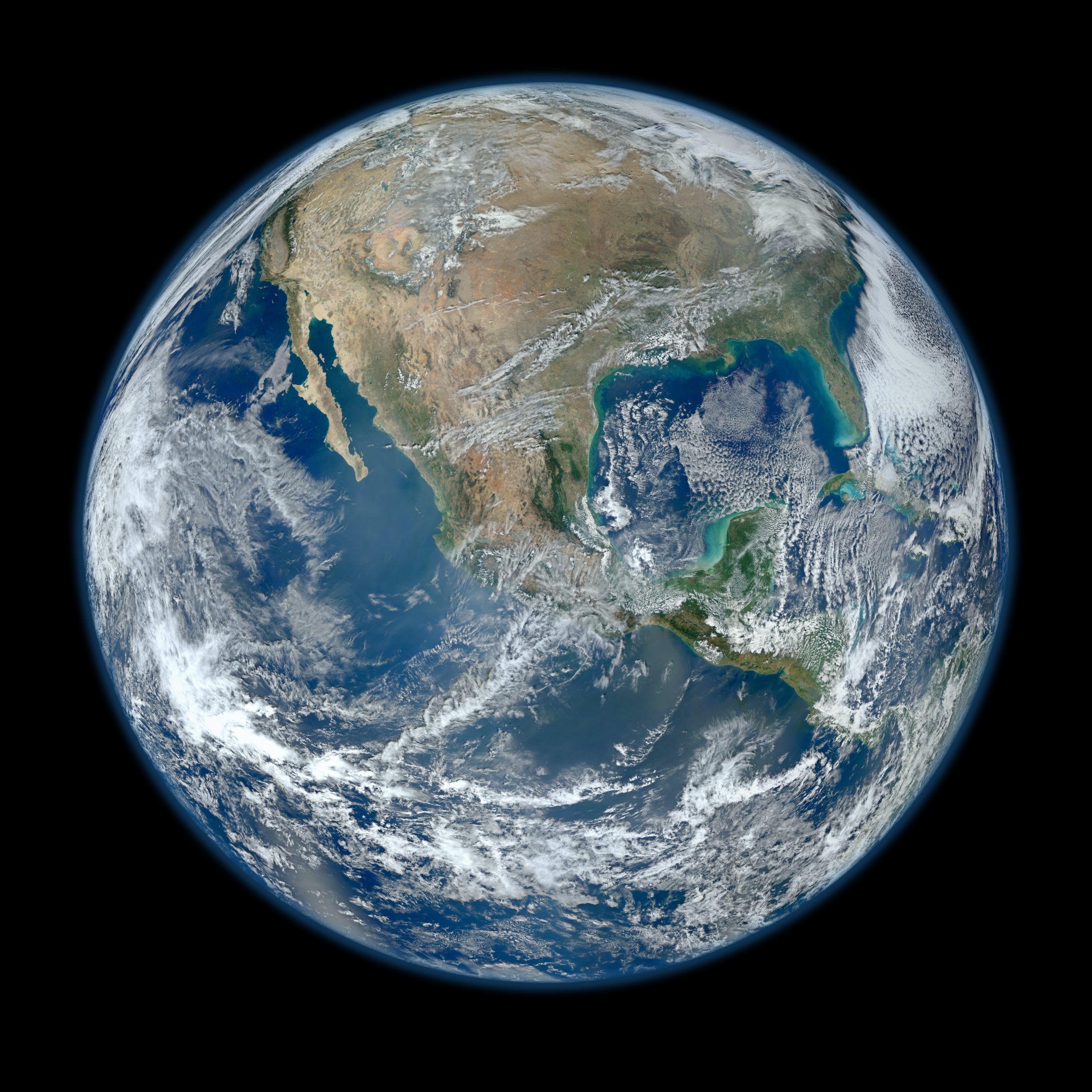“I walked over to the [hotel room] balcony and there was the picture-book scenery, palm trees swaying in the breeze and all. When I looked down… there below my view was this ugly, concrete car park on the hotel grounds.”
This was Joni Mitchell telling the NME about a trip to Hawaii in 1969 that inspired “Big Yellow Taxi,” perhaps the most famous and enduring song about ecological destruction.
49 years after Mitchell’s vacation, here was the Finnish “eco-grime” artist Forces talking about the album Climate Denial Machine:
“The undisputed reality is that we need to recognize the influence of the people and institutions hijacking the scientific discourse of climate change for their own benefits. The album is dedicated to raising that awareness.”
Each track on this mad and sometimes beautiful record is named after a conservative think-tank that disputes the consensus on climate science—“Frontiers Of Freedom,” “Earth Day Alternatives,” “Institute For Humane Studies” are among the vaguely sinister names.
Two very different artists. Two very different sounds. Two very different times. The basic idea, however, is the same. There’s a massive, existential problem we must face, and here’s some music about it.
Of course, Forces belongs to a generation that increasingly understands the reality of climate breakdown. It’s difficult to accurately measure this generation’s engagement with climate change through electronic music. But it certainly feels like it’s increased recently. Albums and tracks with climate change as a theme or concept, for instance, seem more widespread. Six of the ten tracks in this playlist came out in the past two years.
Some rudimentary data might also back the idea of an increase: Beatport has 31 tracks in its catalogue with “climate change” or variations thereof in the title. OK, so next to nine million-plus tracks in the Beatport catalogue this is a drop in the plastic-filled ocean. But it’s at least interesting to consider that the first mention was Roska’s UK funky cut “Climate Change,” as recently as 12 years ago, and that 16 of the 31 “climate change” tracks were released within the last two years. Is this enough to call it a trend?
“I think a lot of [artists] are holding back because climate change or climate politics in general hits home in a very deep way,” Jayda G, whose music draws on her background in environmental science, told Dummy last year. “I think people step back and say, ‘OK, what is there that I can actually do, I feel powerless,’ and another way that people react to feeling powerless is just disengaging. That’s not just for electronic artists, I think that goes for a lot of people.”
This is basically what inspired this playlist. How have electronic music artists been able to creatively respond to a problem as mind-bending and overwhelming as the collapse of the natural world as we know it?
“Creatively processing a monumental subject was kind of about bringing it to the dance floor,” Kelly Lee Owens, whose thumping minimal techno track “Melt!” features below, told us. “And being unafraid of putting it in those places that we feel are potentially places to escape—in a positive sense.”
For the Bristol artist Pessimist—whose 2019 album with Loop Faction, We All Have An Impact, is one of the few good things to come from this situation—the theme was “pretty simple in my eyes: electronic music that represents both the technological / manmade word and the natural world / soundscapes / foley. Using these two contrasting aesthetics we wanted to create a narrative of these worlds colliding and how destructive that can be.”
In their emails, both artists weren’t under an illusions: ultimately world leaders and global corporations will be the ones who determine the outcome of this crisis. But, importantly, Pessimist added: “We can all at least start talking about it more and putting a larger focus on it.”
Here are ten tracks from the past 30 years of electronic music that do just that.




